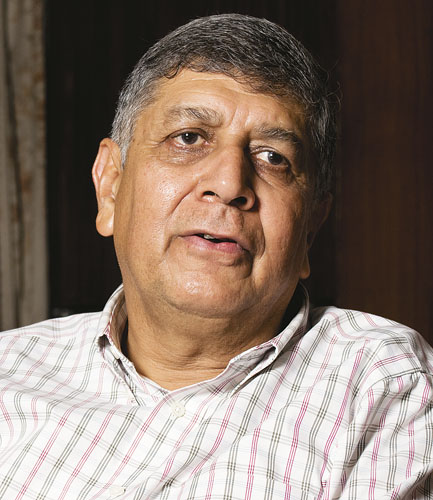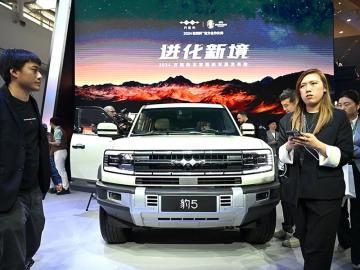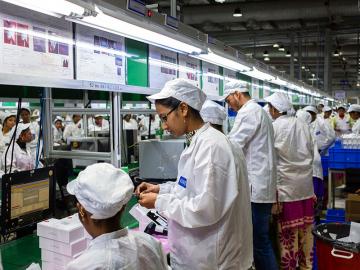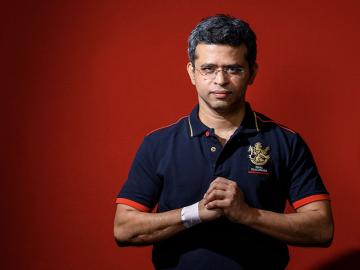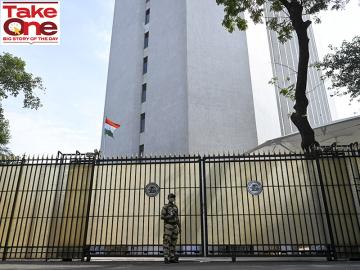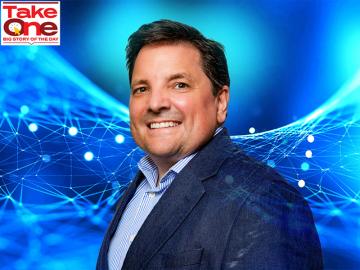
We Aren't a Patent Troll
Critics equate the business of Washington-based Intellectual Ventures in patentable research with land grabbing! Forbes India quizzes former IIT director and the firm's India chairman Ashok Misra
Name: Ashok Misra
Title: Chairman, India and Head of Global Alliances, Intellectual Ventures
Age: 62
Qualifications: IIT-Kanpur, 1958, Masters at Tufts University, PhD in Polymer Science and Engineering at the University of Massachusetts.
Work experience: Worked at Monsanto in the US for three years. Worked at IIT-Delhi from 1977 to 2000. Was director of IIT-Bombay during 2000-2008.
Hobbies: Photography, carpentry, travelling, playing tennis, squash, swimming.
We are an invention fund. So we do some crystal-ball gazing and come with themes that will be important over the next five to ten years. And then we fund people who can develop patents in those themes. If a company wants to develop a product in that area they can come to us and choose from an array of patents. They don’t have to deal multiple entities.
The researcher benefits because we provide a research direction and also because we take care of all patenting costs. We make sure that patents are worded very tightly so that they are not infringed upon. We also monitor any infringement on these patents and use legal means to dissuade those who are trying to infringe.
That sounds like land grabbing and litigious…
The patent remains in the name of the researcher and the academic institution. We don’t buy but simply license for a specified period. Also, the research institution may have agreed to develop five patents in the research direction that we outlined, but they are under no duress to sell all of them to us.
And we don’t want to be litigious. It is not in our interest. May be that impression is there because in our first fund we did license already existing patents.
Is it correct to say that Indian institutions don’t have enough good patentable property?
More than 20 institutions have tied up with us and more than 300 inventors are working in the areas that we think have potential. In our review meetings, the work of Indian scientists is considered really good, amongst the best in the world.
But you are right in that the Indian scientists don’t do solutions-based research. Our experience till now tells us that many Indian scientists are trying to move from a research-and-publish mode to solution-based invention. Some, of course, will only remain theoretical scientists and frankly that’s alright. You need all kinds.
There is a concern amongst scientists you will license the patent from them cheaply then license it out to large companies for millions of dollars?
The fear is unfounded. We work on a model where there is a fixed payment that is made to the research institution and the scientist from where we license the patent. Then we pay the research institution a certain percentage of the royalties – I can’t reveal the number – from out-licensing of the patent to corporations. So if we make millions of dollars then the institution too will make good money.
(This story appears in the 28 August, 2009 issue of Forbes India. To visit our Archives, click here.)
-
 Ronald J Riley
Ronald J RileyAs I was posting my previous comment I noticed a Google ad from an invention promoter. America has a large invention promotion industry which is at best mostly useless and at worst outright fraud. They typically take aspiring inventors for something in the range of $10,000 to $50,000 dollars. Aspiring English speaking inventors are welcome to joint an email discussion group which InventorEd (www.InventorEd.org) maintains to help help inventors navigate the treacherous waters of the invention business. We are a nonprofit, IRS approved and while we accept donations we do not charge for services and we do not accept any paid advertising. Ronald J. Riley, Speaking only on my own behalf. President - www.PIAUSA.org - RJR at PIAUSA.org Executive Director - www.InventorEd.org - RJR at InvEd.org Senior Fellow - www.PatentPolicy.org President - Alliance for American Innovation Caretaker of Intellectual Property Creators on behalf of deceased founder Paul Heckel Washington, DC Direct (810) 597-0194 - (202) 318-1595 - 9 am to 8 pm EST.
on Aug 16, 2009 -
 Ronald J Riley
Ronald J RileyAmerica is what it is today in large part due to inventors. Every developing country which expects to prosper will do so through their inventors. It is very important that transnational interests not be allowed to pillage any country'€™s intellectual capital if the country is to rise above dependence on foreign entities.<br /> <br /> Transnational corporations have been pillaging the work of American independent and academic inventors for many decades. There is no reason to believe that they will not also do the same in other countries. <br /> <br /> Feedback I have received from many sources is that Intellectual Ventures, at least in their dealings with American independent and small business inventors tend to pay rock bottom prices. Other buyers generally offer better deals. To the degree that Indian institutions are cutting deals to market their IP they should join a list server named Techno-L (www.Techno-L.org) to seek the advice of technology transfer professional as to what terms and compensation is appropriate.<br /> <br /> I urge the people of India to legislate equitable treatment of their inventors. Even employed inventors deserve compensation proportional to the value of their inventions. I believe a royalty of at least 10% of the fair market royalty is appropriate. <br /> <br /> The point of mandating royalty payments is to create an innovation based economic foundation which will remain when the transnational corporations move on to another lower cost country, taking most of the value of your people'€™s inventiveness with them if you have not taken measures to ensure fair treatment.<br /> <br /> Ronald J. Riley, <br /> <br /> Speaking only on my own behalf.<br /> President - www.PIAUSA.org - RJR at PIAUSA.org<br /> Executive Director - www.InventorEd.org - RJR at InvEd.org<br /> Senior Fellow - www.PatentPolicy.org<br /> President - Alliance for American Innovation<br /> Caretaker of Intellectual Property Creators on behalf of deceased founder Paul Heckel<br /> Washington, DC<br /> Direct (810) 597-0194 - (202) 318-1595 - 9 am to 8 pm EST.
on Aug 16, 2009
